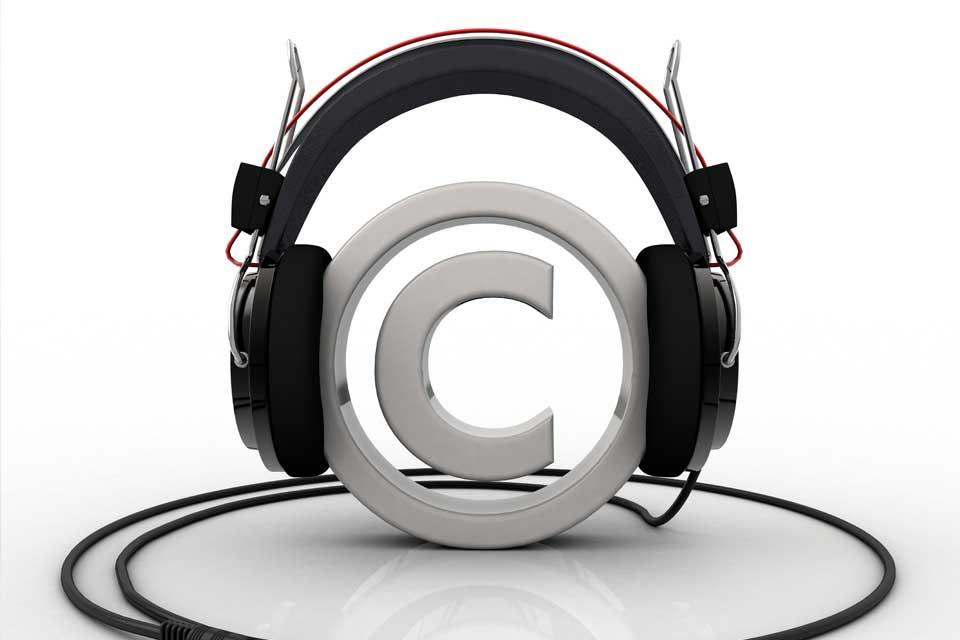The trials of Ed Sheeran – ‘Thinking Out Loud’ about copyright infringement

The definition of déjà vu is “the strange feeling that in some way you have already experienced what is happening now.”
Just over a year ago, Ed Sheeran won a High Court copyright battle over his 2017 hit ‘Shape of You’ and hit out at “baseless” infringement claims, which he felt were all too common.
Well, it’s funny he should say that.
Sheeran is now being hauled over the coals again for allegedly plagiarising legendary Motown songwriter Ed Townsend’s 1973 hit ‘Let’s Get It On’ (performed by Marvin Gaye) in his 2014 track ‘Thinking Out Loud’.
The allegation is that Sheeran “copied and exploited, without authorisation or credit” the 70s classic, “including but not limited to the melody, rhythms, harmonies, drums, bass line, backing chorus, tempo, syncopation and looping.”
A fairly comprehensive complaint, then.
Is imitation really the sincerest form of flattery?
Ed has stated that when 60,000 songs are being released on Spotify every day (22 million songs a year) and only 12 musical notes available, ‘coincidences’ are bound to happen.
And this sort of music industry dispute is nothing new, with performers frequently borrowing inspiration from each other.
For example, if you can bear it, listen to the first 20 seconds of ‘Best Song Ever’ (a liberal use of the word ‘best’ if ever there was one) by One Direction. If you can look me in the eye and tell me it isn’t remarkably similar to the opening of ‘Baba O’Riley’ by The Who then I’m not sure we can be friends.
There are countless other examples; try listening to ‘Get It On’ by T. Rex and follow it up with ‘Cigarettes & Alcohol’ by Oasis. I’m not pointing any fingers; all I’m saying is that these things happen.
But, of course, allegations of copying are not restricted to the music industry and it is relatively easy to find instances of non-musical works which may seem to imitate another.
Imitation is the sincerest form of flattery after all. But when might imitation become copyright infringement?
The law
In a recent article, I explained how copyright works under UK law.
So, what about copyright infringement?
Essentially, if a person copies an original work without the consent or licence of the copyright owner, then that person is committing a primary act of copyright infringement. This will also be the case where that person commits other acts, such as issuing copies of a copyrighted work to the public or performing, showing, or playing a copyrighted work in public.
Under the relevant legislation, the test is whether a “substantial part” of a work has been copied.
Where someone literally copies your original work in whole, then this will be obvious and, I suspect you wouldn’t need my help to determine whether you think your copyright has been infringed.
The difficulty arises when it is less clear-cut. Where this is the case, the copyrighted work which has allegedly been copied will be subject to a qualitative rather than a quantitative test.
This is complicated.
In other words, while numerous similarities between two works might infer copying, the court may also look at whether the copied element is critical to the original work. If this is the case, there may be a finding of infringement, even if the copied element is quantitively small, if what has been copied is an important part of the original copyright work.
For example, in 2006, the then Prince Charles was involved in a case regarding the alleged unauthorised publication of articles in The Mail on Sunday which contained short extracts from his journal (HRH Prince of Wales v Associated Newspapers Ltd [2006]). Even though the extracts were relatively brief, the court concluded that infringement had occurred. This was because the parts that had been copied were of most interest to readers as they were the parts in which the Prince of Wales expressed his opinions.
We can help
The reality is that these cases are rarely clear cut and claims will likely hinge on technical arguments which will be decided on a case-by-case basis. This can occasionally involve mounting a defence around small, excitable dragons and the Old Testament (see John Lewis’ recent copyright battle with the author Fay Evans).
What is clear is that Ed Sheeran has another long, legal road ahead of him. However, I recently heard him explain in an interview that his house has a tunnel that leads directly to a pub he’s built in his back garden. I imagine he will be doing a fair bit of thinking out loud in there.
For more information on the issues in this article or any other copyright or intellectual property query, please get in touch with Tom Justice on 0191 211 7913 or email [email protected].
